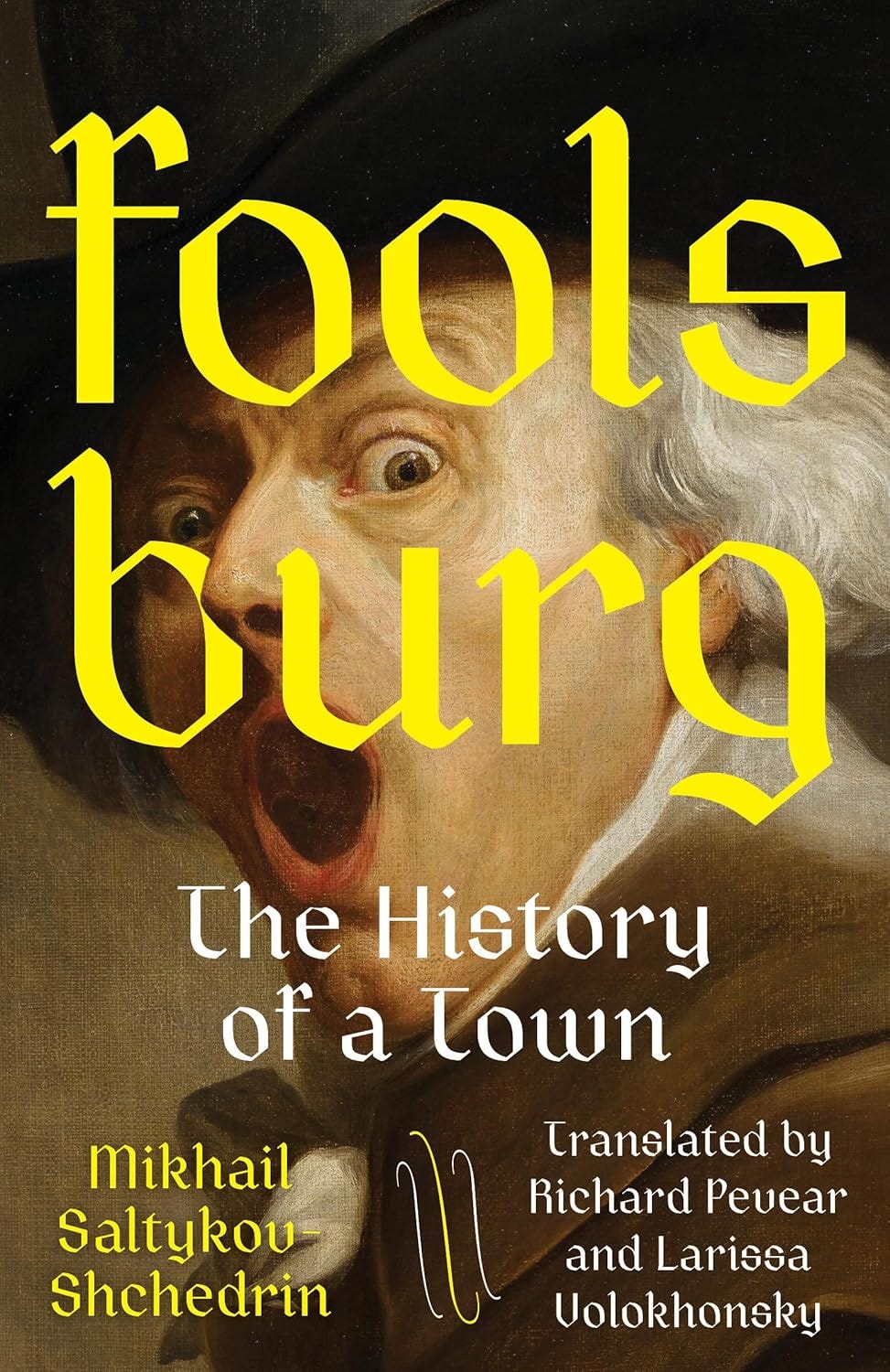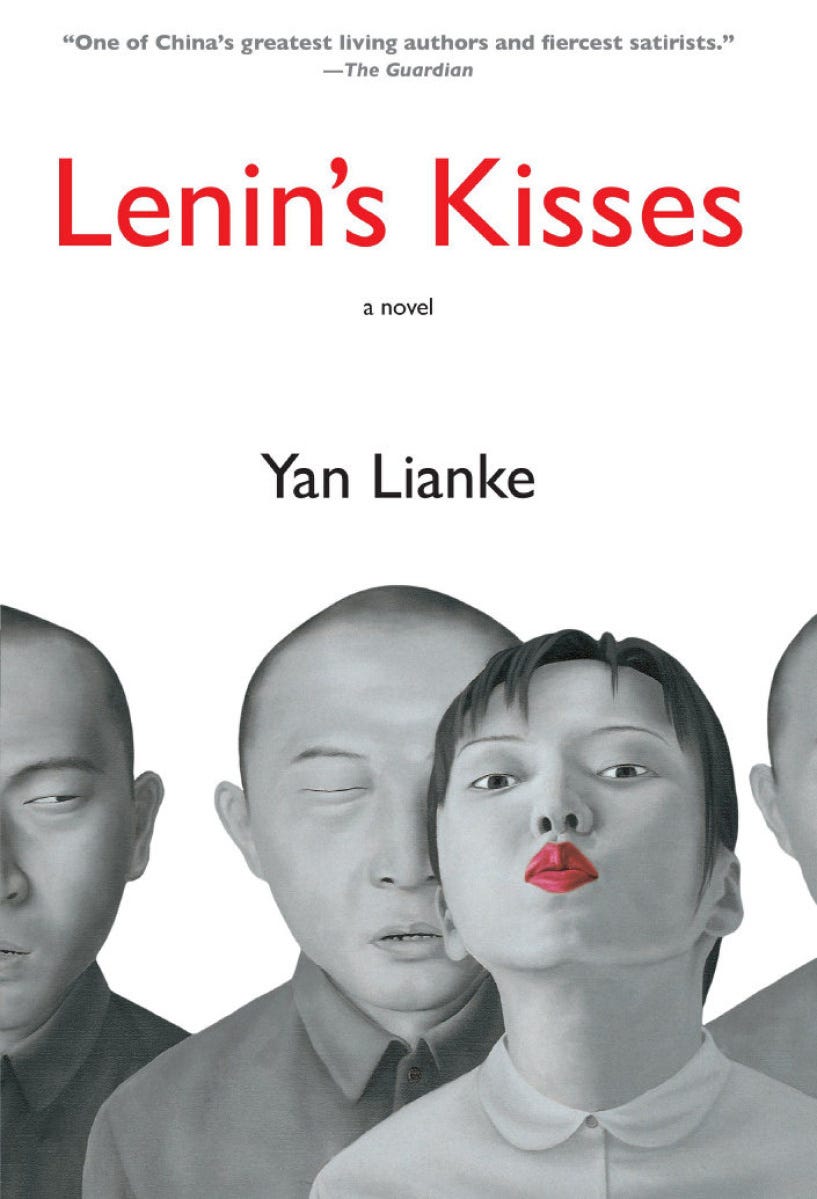Open Thread: Books in Translation?
What’s Your Favorite Book in Translation? Your Most Recent?
Last October I was in Cleveland, Ohio, and scoped out a bookstore within walking distance of our hotel. It’s called Clevo. Every book in stock? Translated from one of many, many different languages—everything from Albanian to Zulu. I walked out with Mina’s Matchbox by Yoko Ogawa (translated from Japanese by Stephen B. Snyder) and Foolsburg by Mikhail Saltykov-Shchedrin (translated from Russian by Richard Pevear and Larissa Volokhonsky).

Tomorrow I’ve got a piece coming about books in translation; I just finished it last night. I tend to read a fair number of foreign books in English dress, whether fiction or nonfiction. That’s just where my tastes tend to run. That said, a store like Clevo is unique because only about 3 to 4 percent of books published every year in America are translations. That seems surprisingly low to me.
There are something like 7,000 languages in the world, and more than 20 major tongues. I know English speakers have a lot of things to say, but surely the rest of the planet has stories and ideas of interest. We’re not the only fascinating folks on this whirling rock.
I went back through my own reading log for the year and checked how many translated books I’ve read. (I’m only counting books I’ve finished reading, not books browsed or consulted for one reason or another.)
January: 1
February: 0
March: 2
April: 2
May: 1
June: 0
July: 1
August: 3
Ten total. That’s actually not many. It’s more than 3 to 4 percent of my total, but it’s hardly impressive. And yet many books in translation are impressive. Think of the classic authors of world literature: Balzac, Cervantes, Dante, Dostoevsky, Flaubert, Goethe, Homer, Kafka, Tolstoy, Vergil. Impressive doesn’t even begin to touch it. This is to say nothing of exceptional contemporary authors in translation: Eugene Vodolazkin, Mario Vargas Llosa, Yan Lianke, Shusaku Endo, and hundreds more.
Just this month I read both Yan Lianke’s Lenin’s Kisses and Shusaku Endo’s Deep River. The first was hilarious, the second poignant. And my world is now a little bigger because of them both.
So here’s my question for you—actually questions, plural: What books in translation have widened your world? What have you loved? What have you most recently read in translation? How often to do you read books in translation? Do you seek them out?
Thanks for reading! If you enjoyed this post, please hit the ❤️ below and share it with your friends.
Not a subscriber? Take a moment and sign up. It’s free for now, and I’ll send you my top-fifteen quotes about books and reading. Thanks again!



I've read a few different translations of Don Quixote, and my favorite is Edith Grossman's translations. Even though many don't see it as academic enough, I find her translation easy to read and makes Cervantes' prose accessible to laypeople.
https://www.goodreads.com/book/show/3835.Don_Quixote
Seamus Heaney's translation of Beowulf -- when it came out I memorized large swaths, though now don't really remember any of it. But very beautiful. I also really love Richard Wilbur's translation of the plays by Moliére. They are in rhyming couplets, which is very difficult to do and still feel fresh and funny in English, which treats that scheme as sing-song-y, but he does it. Tartuff is my favorite, but Misanthrope is great, too.